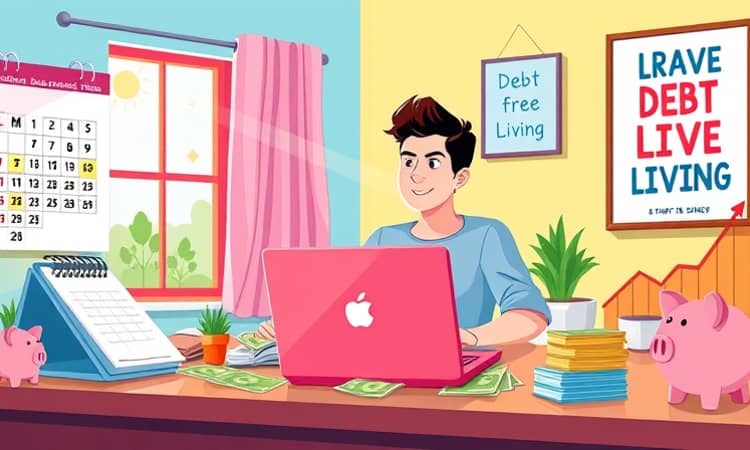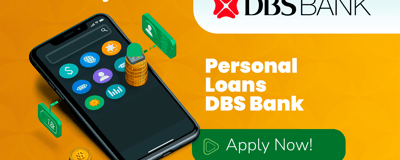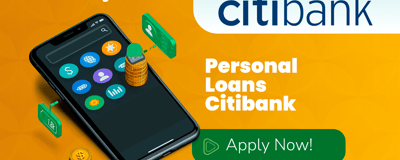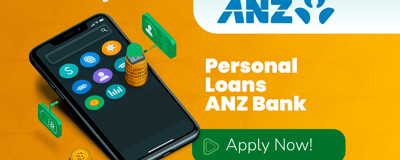Paying off personal loans can feel like an overwhelming task, but with the right strategies, you can achieve financial freedom much sooner than you think. By implementing effective techniques, you can minimize the interest paid over time and gain more control over your financial situation.
In this article, we will explore practical tips for paying off personal loans early. Whether you have a small loan or a larger debt, these strategies can help you make significant progress toward becoming debt-free.
1. Create a Detailed Budget
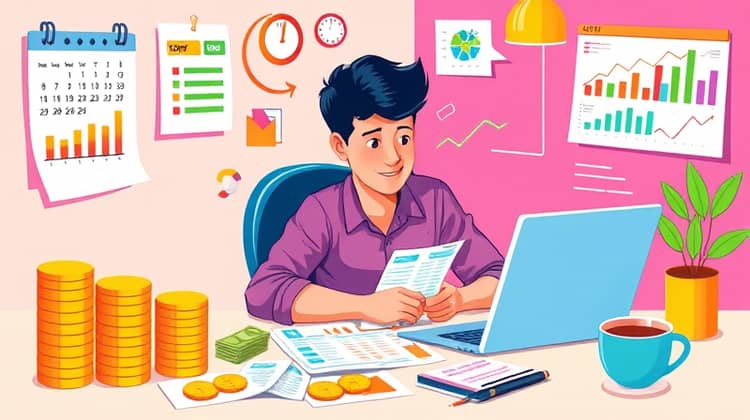
One of the first steps to efficiently paying off any type of loan is to create a comprehensive budget. This provides you with a roadmap of your income and expenditures, allowing you to see exactly where your money goes each month.
With a detailed budget in hand, you can identify areas where you can save more, funneling those extra funds towards your loan payments.
- List all sources of income, including salaries, side gigs, and bonuses.
- Track all your expenses, from rent and utilities to discretionary spending.
- Allocate a specific amount towards loan repayment each month, adjusting your spending habits as necessary.
2. Make Extra Payments
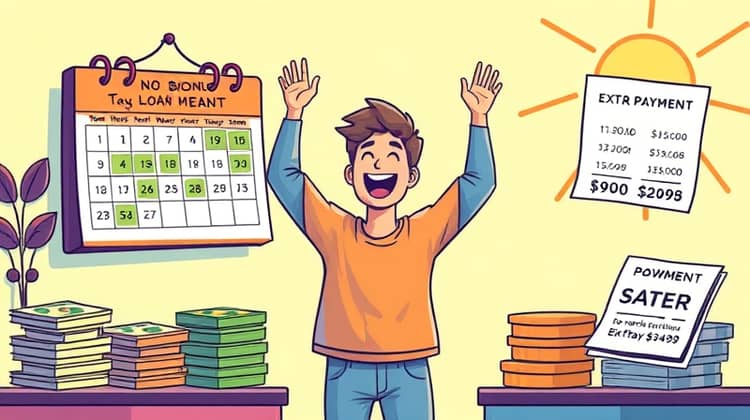
Making extra payments can significantly reduce the amount of interest you pay and help you pay off your loans faster. Many lenders allow you to make additional payments without penalty, so take advantage of this option whenever possible.
Consider making extra payments during bonus months, tax return season, or whenever you have extra funds available. This approach can make a big difference in your repayment journey.
- Set a goal to pay a little extra each month, even if it's just $20.
- Use windfall income, such as bonuses or gifts, to make additional payments toward your loan.
- Consider bi-weekly payments instead of monthly payments to expedite the repayment process.
3. Refinance for Better Terms

If you find that your current loan terms are unfavorable, refinancing might be a viable option. This involves taking out a new loan with better terms to pay off your existing loan, potentially securing a lower interest rate.
Before deciding to refinance, it's essential to compare different lenders and their rates while also considering closing costs and any fees associated with the new loan.
4. Use Windfalls Wisely
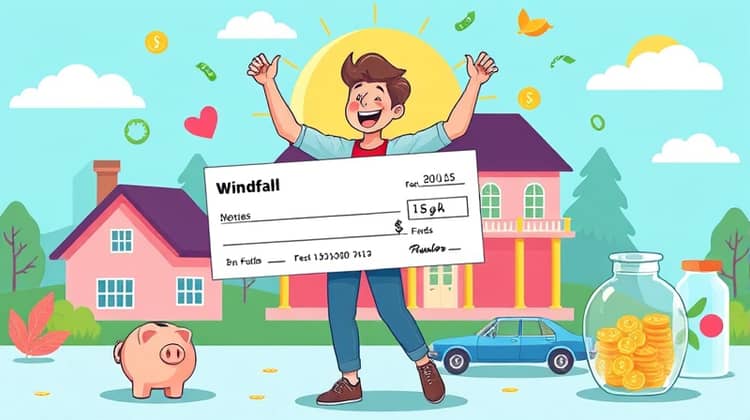
Windfalls, such as bonuses, tax refunds, or inheritance, can be a game-changer in your loan repayment strategy. Instead of treating these as extra spending money, consider using them to make a lump-sum payment on your debt.
- Use a portion of your windfall to make a significant one-time payment on your loan.
- Consider allocating some of your windfall toward building an emergency fund alongside paying off debt.
- Always prioritize debt repayment when you receive unexpected financial boosts.
By using windfalls wisely, you can have a profound impact on your debt levels, reducing your outstanding balance and freeing yourself from financial obligations faster.
5. Cut Unnecessary Expenses
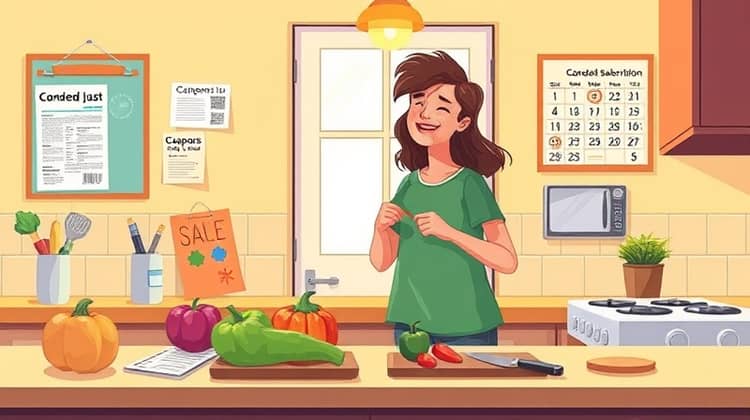
To accelerate your loan repayment, it's crucial to identify and cut unnecessary expenses. This means reevaluating your shopping habits, dining habits, and entertainment choices to see where you can spend less.
Small changes can add up quickly, and redirecting these savings towards your loan can lead to more manageable repayment schedules.
- Cancel subscriptions or memberships you don’t use regularly.
- Cook more meals at home instead of eating out.
- Shop smart by using coupons, waiting for sales, and choosing generic brands.
6. Focus on Higher-Interest Loans First
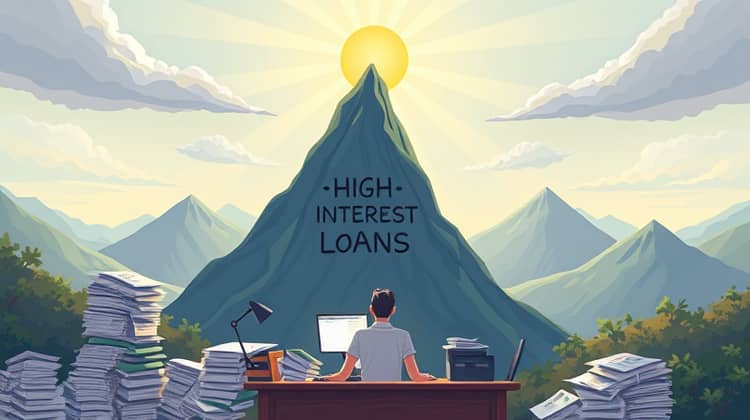
When it comes to paying off debts, it often makes sense to focus on the loans with the highest interest rates first. This strategy, known as the 'avalanche method,' minimizes the amount of interest you pay over time and allows you to free up funds for other debts more quickly.
Additionally, tackling high-interest loans first can provide a psychological boost, as the more significant debts are tackled first, which may motivate you to continue with your repayment journey.
7. Automate Your Payments
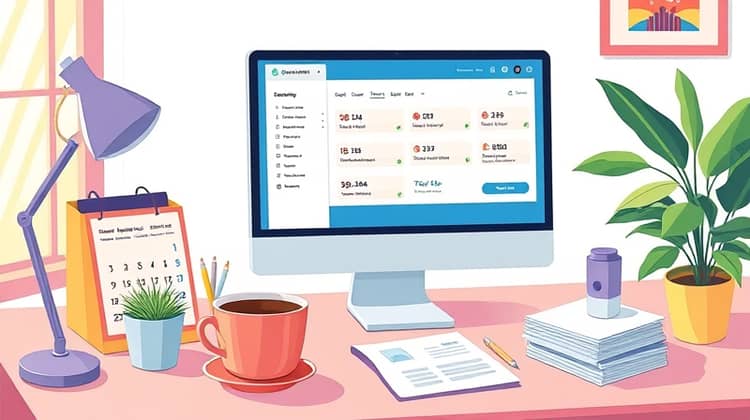
Automating your loan payments ensures that you never miss a due date, which can help you maintain a good credit score. Setting up automatic transactions also makes it easier to include loan repayment in your budget without having to think about it.
- Set up direct debit payments through your bank for loan payments.
- Choose to receive reminders about upcoming payments to stay on top of your loan obligations.
- Regular review of your financial situation to adjust automated payments as needed.
By automating your payments, you can streamline your repayment process, reducing stress and enhancing your financial management.
8. Consider a Debt Snowball Approach
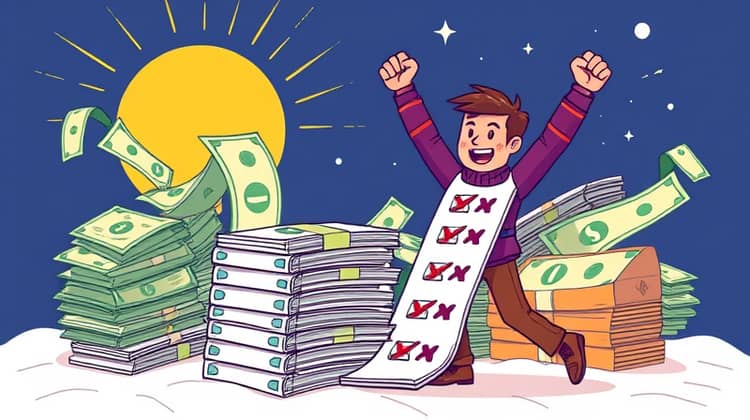
The debt snowball method involves paying off your smallest debts first to build momentum. By eliminating smaller debts quickly, you gain a psychological victory that encourages you to tackle larger debts with greater focus and determination.
- List your debts from smallest to largest, regardless of the interest rate.
- Focus on paying off the smallest debt while making minimum payments on the larger ones.
- Once the smallest is paid off, move to the next smallest debt and repeat the process.
This method can be particularly helpful for those who thrive on motivation and enjoy seeing quick results, leading to a faster overall progress in debt repayment.
9. Stay Motivated and Track Progress

Staying motivated is vital in the journey to pay off loans, as it can feel like a daunting task. Setting small, achievable milestones can help keep your spirits high and encourage you to keep pushing towards your ultimate goal of being debt-free.
Tracking your progress is equally essential, allowing you to celebrate small wins and reassess your strategies as needed.

